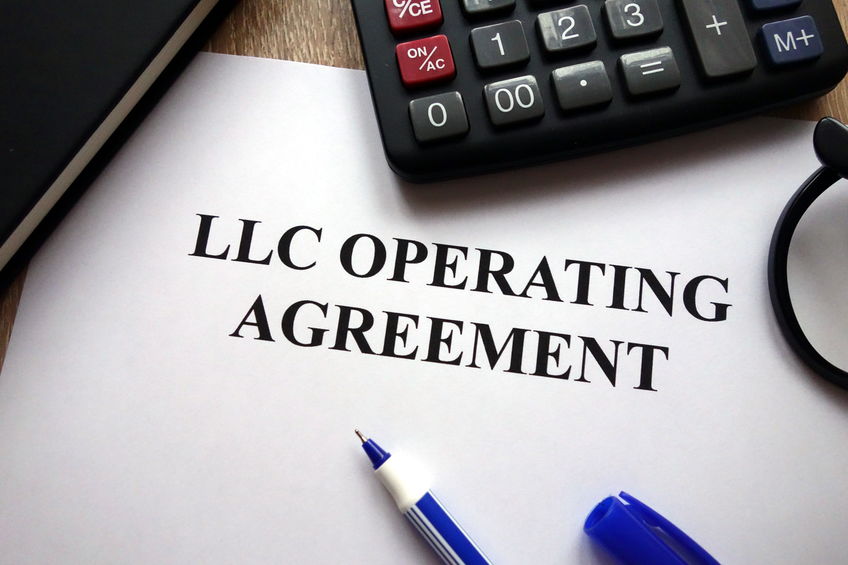An LLC operating agreement is a contract between the owners that establishes guidelines for the LLC. The operating agreement governs the operating of the company by including provisions regarding the LLC’s business purpose, the time period during which it will operate, how it will be taxed, new members, terminating members, the structure of management, and how the profits will be shared.
The operating agreement for an LLC is imperative because it can outline all the company’s procedural and financial decisions. Although an operating agreement is not required in many states, most limited liability owners create an operating agreement as soon as they create their company. The operating agreement protects owners and sets out anything that has been orally agreed on.
What are the Benefits of an Operating Agreement?
An operating agreement allows you to avoid your state’s law. For example, by creating an operating agreement you can organize the amount of profits that will be shared with the members. If you do not have an operating agreement then you would have to look to your state’s laws, which might state that you only get 20% when in reality you deserve 70% of the profits. An operating agreement allows you to control your limited liability company.
An operating agreement can also be very detailed, thus laying out exactly what the members need to know. An operating agreement helps minimize disputes because members know all the details of the business arrangement through the operating agreement. Additionally, an operating agreement can explain the procedures for dissolving the LLC. An operating agreement has endless benefits that can assist owners during the beginning, middle, and end of their company.
Is an Operating Agreement Required?
An operating agreement is not required and just highly recommended in the following states:
- Florida
- Alabama
- Ohio
- Arkansas
- New Mexico
- DC
- Iowa
- Colorado
- Georgia
- Connecticut
- Kentucky
- Delaware
Although an operating agreement is not required, it is extremely beneficial because it helps establish a written structure that can protect your company in the event of any disputes as well as govern the relationship between the members of your LLC. Additionally, if you do not create an operating agreement for your LLC, then the state’s LLC rules will govern. These rules are not tailored to fit your exact business and may be a disadvantage to your LLC and you. An operating agreement provides the opportunity to create your own rules for your LLC.
If you did not have an Operating Agreement at the time the LLC was Formed, how long After do you have to Establish an Operating Agreement?
In Florida, there is no time limit for when you have to establish an operating agreement. You may prepare the operating agreement before, during, or after the formation of your LLC. Additionally, Florida does not require that an LLC prepare an operating agreement. However, there are many reasons why having one would be beneficial, including preventing disputes from arising between members, detailing members voting rights, adding a non-compete clause to prevent members from competing with the LLC, and providing how members can withdrawal or be forced out. In short, operating agreements help establish a written structure that can protect your company in the event of any disputes.
If your LLC is located in another state, then you would have to follow that state’s law. In California, Maine, Missouri, and New York all LLCs must have operating agreements. In these states you may create the operating agreement before, during, or after the formation of your LLC. If you decide to create the operating agreement after there is no time as to when it must be prepared.








